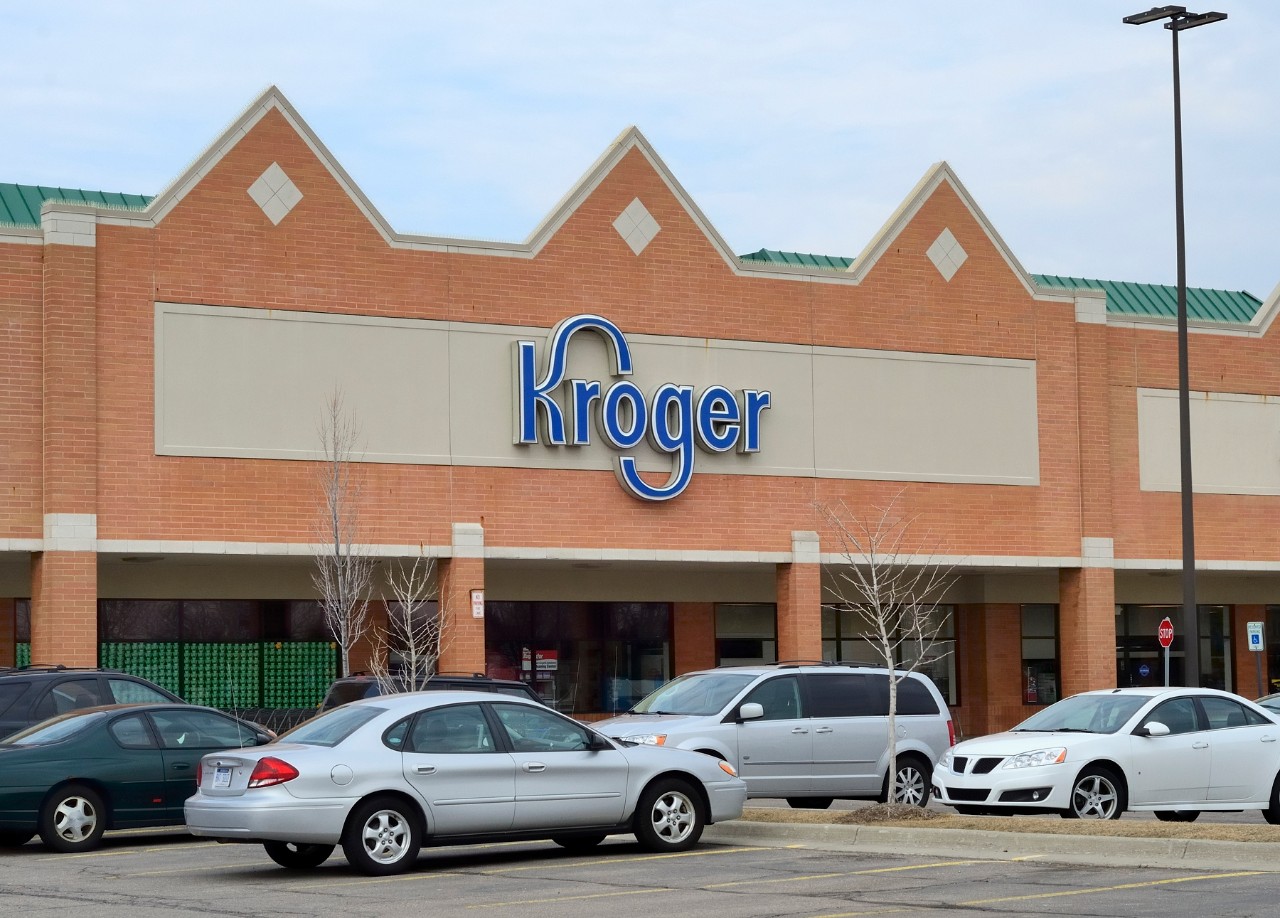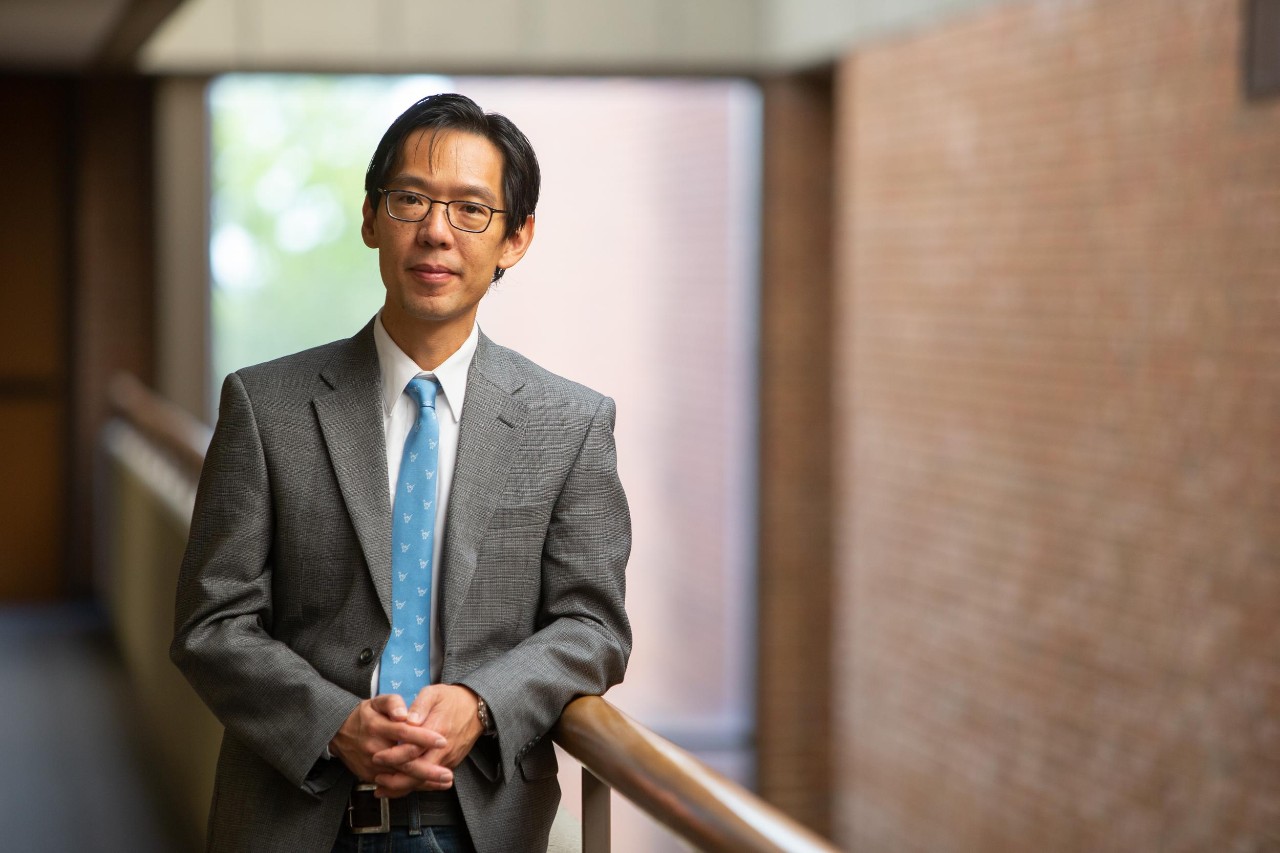
WCPO: Kroger Co. approaching finish line on acquisition of Albertsons grocery chain
UC Law professor offers thoughts on pending merger
The clock is ticking as the Cincinnati-based Kroger Co. moves closer to its mammoth acquisition of grocery store chain Albertsons Cos.
Kroger has taken a big step in the process by certifying to the Federal Trade Commission on Nov. 15 that its $24.6 billion deal with the Albertsons grocery chain substantially complies with antitrust rules. By law, there is a 30-day timeline for the FTC to accept the deal or sue to block it.
WCPO aired interviews with FTC Chair Lina Khan along with supporters and critics of the proposed acquisition, which would result in two of the nation’s largest supermarket chains merging into a 4,500-store giant.
Krogers says a bigger company will reduce prices and boost wages for union workers allowing it to best larger rivals such as Walmart and Amazon. Critics say it will give Kroger and Albertsons too much control of the grocery market, which could mean higher prices for consumers and lower pay for grocery employees.
UC Law Professor Felix Chang, an expert in antitrust law, also weighed in on the topic. He regularly teaches antitrust, business associations, securities regulation, and wills and estates.

UC Law Professor Felix Chang. Photo by Andrew Higley/UC Marketing + Brand.
“I think regulators are really interested in … the effect of concentration in certain markets, particularly upon labor and upon sellers,” Chang told WCPO. “Grocery stores are really, really, important purchasers for manufacturers, for farmers. And the larger the purchaser, the more market power it has.”
Chang, co-director of the Corporate Law Center at UC Law, told WCPO that the FTC has signaled its concerns about market concentration in a set of proposed merger guidelines published in July.
Guideline 8 says mergers “should not further a trend toward concentration." Guideline 5 says mergers “should not substantially lessen competition by creating a firm that controls products or services that its rivals use to compete.”
While the guidelines are not law and yet to be finalized, they could signal a willingness by the FTC to challenge the Kroger-Albertsons deal with new legal arguments.
“It’ll be a really interesting test case if it really is going to be challenged in the court,” Chang told WCPO.
Listen to the WCPO story online.
Learn more about UC Law Professor Felix Chang.
Related Stories
Marcus Sapp says he’s finally free after wrongful murder charges tossed
September 8, 2024
Marcus Sapp, an Ohio Innocence Project exoneree, spoke with The Cincinnati Enquirer about his journey to freedom following a wrongful murder conviction. OIP at UC Law took his case and uncovered exculpatory evidence that should have been presented during his initial trial.
Voices of Injustice share stories of wrongful conviction on a Cleveland stage
October 15, 2024
Ohio Innocence Project at UC Law exonerees Michael Sutton, Laurese Glover, Ruel Sailor and Charles Jackson share a painful journey. The men helped formed the advocacy group Voices of Injustice for those wrongfully convicted. The group's performance, 'The Lynchings Among Us' was featured by public radio's WYSO in Yellow Springs, Ohio.
The debate over the death penalty
October 30, 2024
WVXU Cincinnati Edition host Lucy May Interviewers Pierce Reed, director of policy and engagement for the Ohio Innocence Project at UC Law as part of a discussion on the death penalty. UC Law will host a Nov. 1 roundtable on the topic featuring former Ohio death row inmate Lamont Hunter, his attorney Erin Gallagher Barnhart,an assistant federal public defender and Dr. Robert J. Norris, a criminologist at George Mason University.
